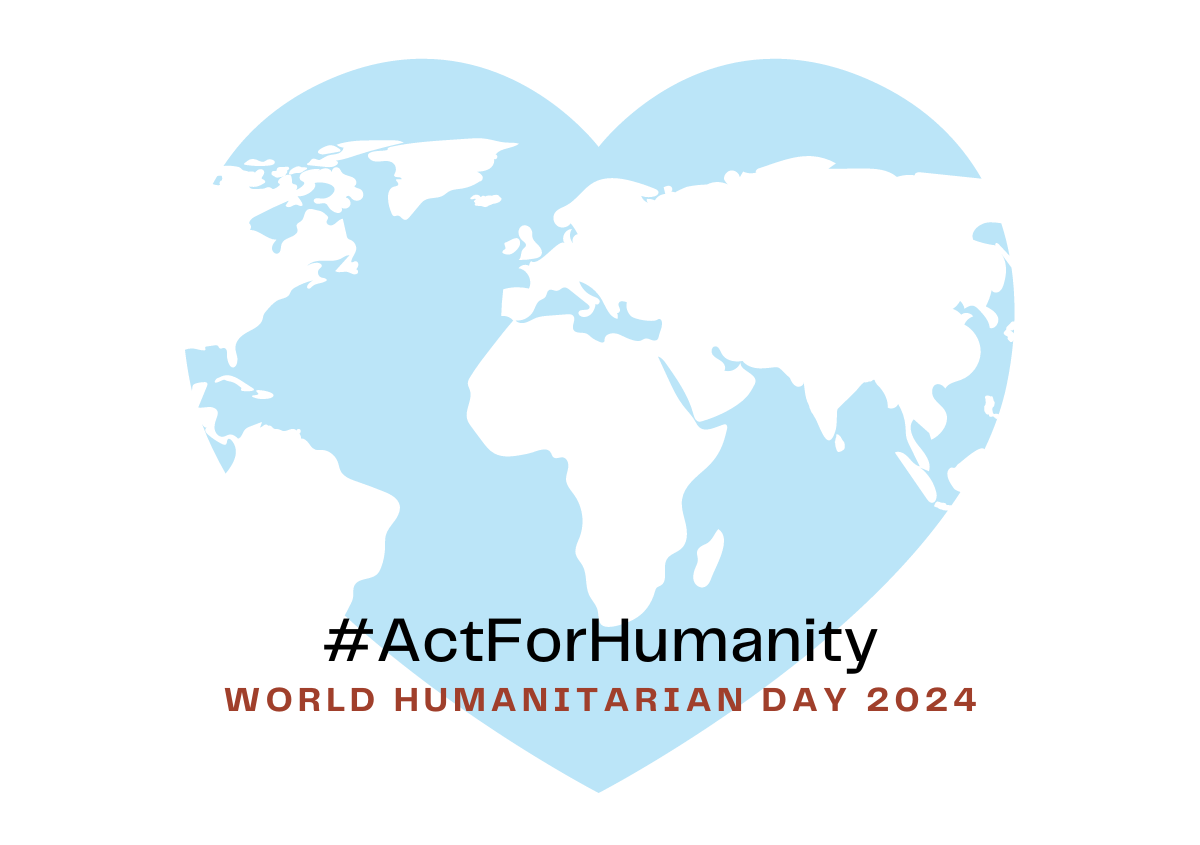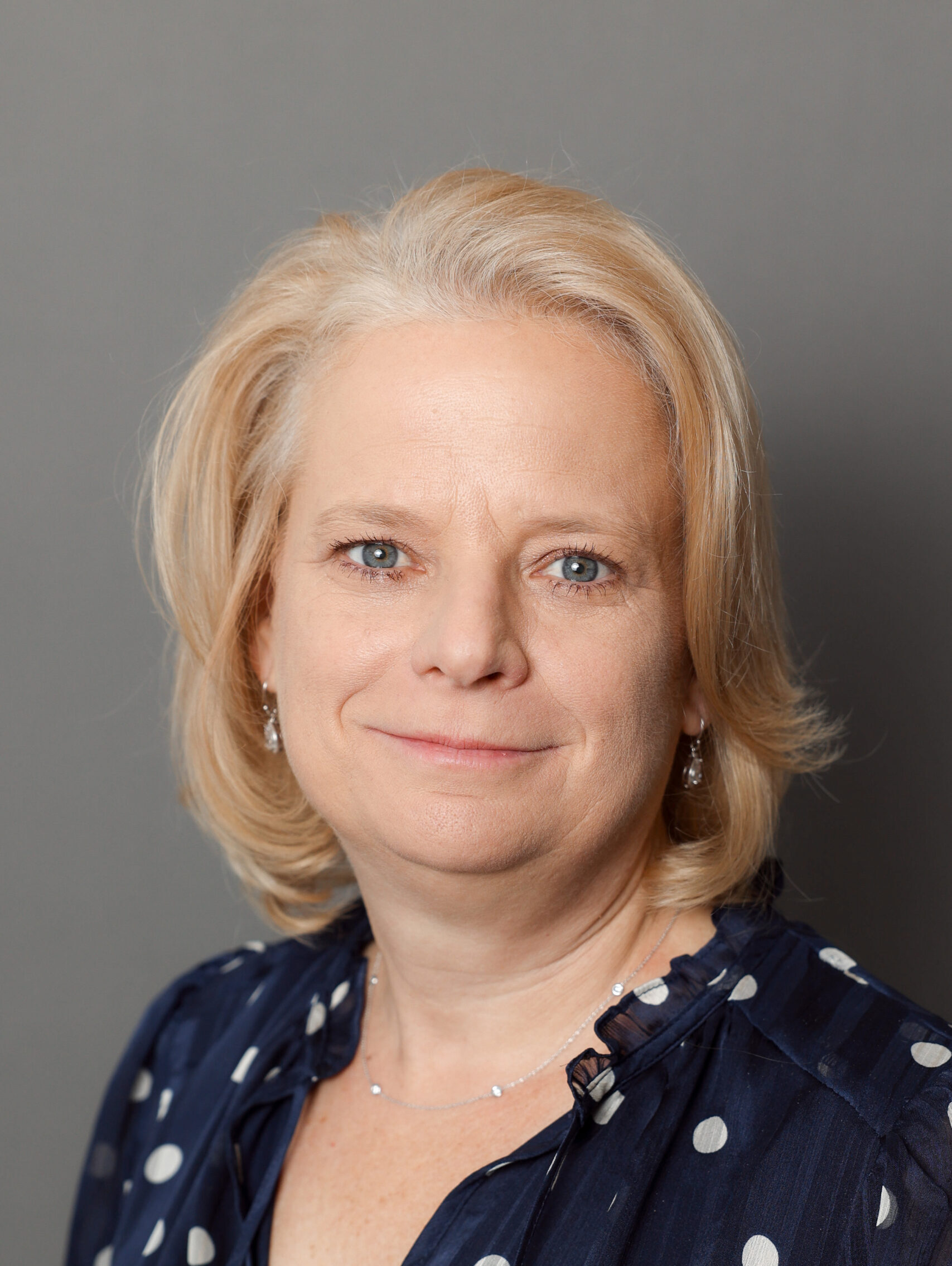World Humanitarian Day 2024: Protecting Humanitarians in an Era of Increasing Danger

As we commemorate World Humanitarian Day, we must confront an uncomfortable and urgent truth: 2023 was the deadliest year on record for humanitarian workers, and 2024 is on track to be even worse.
This somber reality underscores a glaring failure of our global leadership to protect those dedicated to saving the lives of those most in need. The normalization of attacks on humanitarians, increasing civilian suffering and the pervasive culture of impunity under international humanitarian law (IHL) demand our immediate attention and action.
The growing threat to humanitarian workers
Humanitarian workers are on the frontlines of crises, providing essential aid and support to those in desperate need. Yet, they are increasingly targeted for their efforts. In conflict zones around the world, aid workers face unprecedented risks. Kidnappings, assaults and killings have become disturbingly common. Particularly alarming is the heightened risk for national and local aid workers, who are often from the affected communities themselves and bear the brunt of these dangers.
The tragic statistics of 2023 reflect a brutal reality that must galvanize us into action.
The erosion of international humanitarian law
International humanitarian law was established to protect civilians and those who provide aid during conflicts. However, the flagrant disregard for these laws has reached alarming levels. Violations go unpunished, creating an environment where impunity thrives. The lack of accountability not only endangers humanitarian workers but also perpetuates cycles of violence and suffering among civilian populations.
We must hold perpetrators accountable and reaffirm our commitment to upholding IHL.
The role of global leaders
Global leaders need to take decisive action. It is not enough to condemn acts of violence against the aid community; we must actively work to prevent them. Governments, international organizations and civil society must collaborate to strengthen the protection of humanitarian workers. This includes implementing robust security measures, providing adequate resources for safety training and ensuring that those who commit atrocities are brought to justice.
What can philanthropy do?
As members of the philanthropic community, we have a unique role in safeguarding humanitarian workers. Here are three specific actions we can take:
- Fund security measures: Allocate resources specifically for the security and safety of humanitarian workers. This includes funding training, personal protective equipment, secure transportation and safe housing. By ensuring that aid workers have the tools and resources to stay safe, we can help mitigate the risks they face on the ground, especially for national and local actors.
- Support research and advocacy efforts: Invest in organizations that work to understand and advocate around the risks and call for upholding international humanitarian law. Advocacy nonprofits play a crucial role in fighting impunity and ensuring that those who attack humanitarian workers are brought to justice. Your support can help strengthen these efforts and promote a culture of accountability.
- Amplify voices: Use your platform to raise awareness about the dangers faced by humanitarian workers and the importance of IHL. Share stories, data and insights with your networks to inform and engage others. Through amplification, you can help build a broader base of support and drive collective action.
A call to action
World Humanitarian Day is a moment to honor the courage and dedication of humanitarian workers. It is also a call to action. We must confront the normalization of attacks and work tirelessly to ensure the safety of humanitarians.
Let us #ActForHumanity and reaffirm our commitment to upholding the principles of International Humanitarian Law.
We must stand together to safeguard the lives and dignity of humanitarian workers and the people they serve. Only through collective effort can we hope to create a world where humanitarian principles are respected and those who uphold them are protected.
